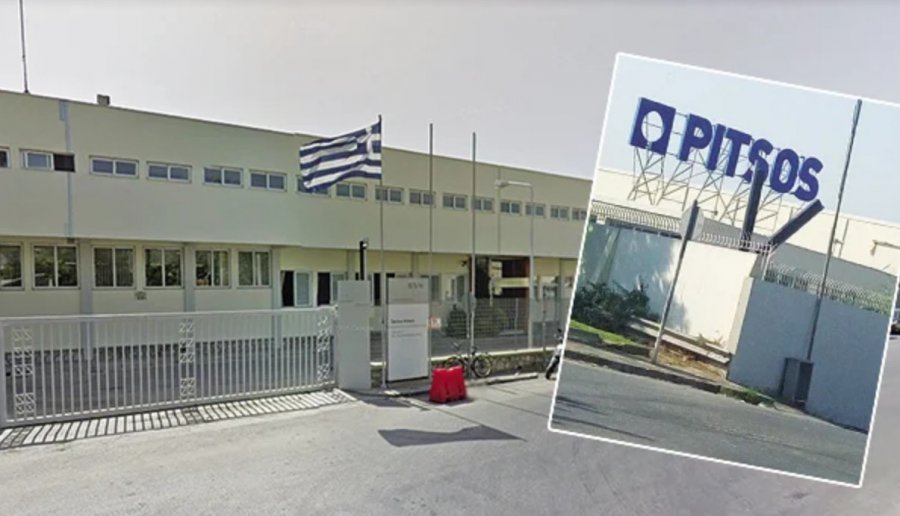
the Pyramis factory in Oinofyta has started producing the first ceramic stove hobs, under former Pitsos executives, .
Somehow, about two years after the lockout of the historic Pitsos industry and the dismissal of the few remaining workers, the production of electrical appliances is restarting.
In the past few days, the president and CEO of Pyramis, Mr. Nikos Bakatselos, who is also the president of the Hellenic-American Chamber of Commerce and Industry, together with the company’s employees, donated one of the first devices to the Minister of Development on the sidelines of the Chamber’s 33rd annual conference for the Greek economy.
Mr. Georgiadis referred to the event from the stage of the conference, underlining that Greek production is strengthening despite the new challenges and that the country has acquired a dynamic impetus that will also be a record year in attracting investments in 2023.
In fact, through his personal account on Twitter, he underlined:
“When I assumed the duties of Minister of Development and Investments, I also received the Agreement for the closure and dismissal of all the workers of “PITSOS” which the Syriza Government had accepted in 2017. According to that, all the workers would be dismissed and the factory would be closed , as the parent company had decided to transfer the production line to Turkey. The trick was that the plan would be implemented 3 years later, i.e. 2020. Being sure that it would not be in the Government by then, they sent the bill to the next government. When the workers came together with our deputy representing Piraeus, Mr. Markopoulos, I began efforts to find a solution. Finally I found Mr. Bakatselos. We agreed on how it would be done, I pressured the parent company and an agreement was reached. Production continues in a new factory under the “PYRAMIS” brand. Today they gave me the first “PYRAMIS” appliance with electric kitchen stoves from their new factory in Oinophyta, where the former employees of “PITSOS” work. The most touching thing was that the workers who got back to work signed the back of the device and also handed me a letter with their thanks… Politics has its good times too! I thank them, they moved me.”
Pyramis’ new unit
After the agreement that finally led to the purchase of machinery and the utilization of the human resources of the historical Pitsos industry, the new Pyramis factory in Oinofyta started its operation a few months ago. And in essence it takes over the baton of electrical appliance production in Greece, reintroducing Made in Greece electrical appliances to the Greek and international market.
It is planned to create 50 jobs with the prospect of increasing further.
It is noted that the new unit will produce ceramic hobs in this first phase, progressively having a production capacity of up to 230,000 pieces per year.
Pyramis is purely export-oriented, with the company’s products being exported to over 65 countries worldwide and on 5 continents, while it also has a network of 8 subsidiary companies in Romania, Poland, England, Germany, Bulgaria, Czech Republic, Italy and Russia.
So for the new range of products the goal is basically extroversion.

The 155 years of glory, the investment left on paper and the shutdown
In 1865, the year Dionysios Solomos’ “Hymn to Freedom” was established as the Greek national anthem, in the center of Athens, on Perikleous Street, the Pitsos family opened a small shop, manufacturing small household appliances of the time, such as water coolers and later gas stoves and heaters, but also oil heaters.
During the interwar years, the company moved to the “exotic” Ampelokipi, at the then city limits of Athens, creating the first factory by bringing machinery from Germany. “See a Pitsos gas stove before you buy,” reads a 1940 ad. 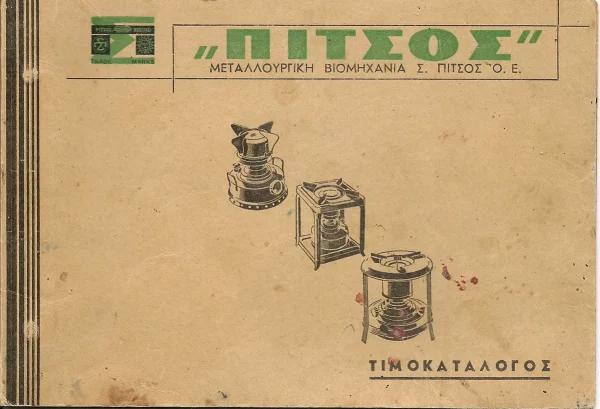
You can trust Pitsos
With the second generation, represented by Apostolos Pitsos, having taken over the helm of the company, the big decision was made to build a factory in the area of Renti and in 1959 the production of electric refrigerators began.
Afterwards it proceeded with the production of freezers, electric stoves – which have been its trump card until today – while even manufacturing televisions, and it had even manufactured professional tricycles.
Chrysa Paradeisi, famous author of cookbooks – advertised Pitsos kitchens with a full-page advertisement. 
The strikes and the arrival of the Germans
In the first years of the Post-junta period, two strikes, one lasting 40 days and another five months, caused major problems in production. At that time, Apostolos Pitsos had already entered into a negotiation for the participation of Germans in the company.
Pitsos, which together with Drakos’ Izola and Stavropoulos’ Biometal-Eskimo , Pitsos claimed – and won – the trust of generations of Greek consumers, built a business structure, ultimately could not keep up with the competition after the years of the Common Market – despite collaborations with important foreign firms.
Thus, in 1977 the German group Bosch-Siemens Hausgeräte GmbH acquired 60% of the Greek company and Siemens Hellas 20%.
It was the first time that the German BSH acquired a factory and a local brand outside of Germany. The employees in Pitsos at that time exceeded 1,400 and the Greek factory was one of the most productive compared to the rest that the German group had throughout Europe and the world.

No-Frost refrigerators
In the early years the company did very well. The production of No-Frost refrigerators began at the Rentis factory, while a few years later the production of refrigerator-freezers began.
In 1996, the company was renamed BSP SA (from the initials of the products Bosch, Siemens, Pitsos).
The mid-2000s found BSH holding 40% of the Greek market share and on a productive level being the leading manufacturer of white appliances in the country with a production of 400,000 units per year.

Promises not kept
In 2012, the Greek Parliament voted in favor of a provision sanctioning a compromise between Siemens and the Greek State, settling the case of the operation of the “black” funds of the German company.Based on this agreement, Siemens promised – but did not commit – to a productive investment of 60 million euros in Greece that would create 700 new jobs. Although it was never named, everyone assumed it was about the relocation of the BSH factory located in Rentis in Magoula Attica.
In this direction, BSH had acquired the property but had not received the relevant permits. The mayor of Elefsina was later against the creation of the factory in the area as the plot is located near the Thriasio Hospital. BHS revised its plans and proceeded to sell the plot, aborting the investment.
In September 2014, the company, which was controlled by Bosch and Siemens 50%-50%, passed to the control of the former, which acquired the percentage of the latter.
Thus, officially, the new exclusive shareholder had no obligation to implement any investment towards Greece. From that year, voluntary exits began, culminating in 2017, which offered a generous severance package to employees.
It was then that BHS announced it would close the Pitsos plant in Greece, saying it would do so at the end of 2018. However, in May and July 2018 it announced it would move forward with the decision to “lock down” Pitsos in early 2021.
It is noted that BSH Hellas was a very profitable company even in the recession. In the three years 2014-2016 alone, during the deep recession and capital controls, it returned over 15 million euros to its shareholders.
Latest News

Greek €200M 10Y Bond to be Issued on April 16
The 3.875% fixed-interest-rate bond matures on March 12, 2029, and will be issued in dematerialized form. According to PDMA, the goal of the re-issuance is to meet investor demand and to enhance liquidity in the secondary bond market.

German Ambassador to Greece Talks Ukraine, Rise of Far Right & Tariffs at Delphi Economic Forum X
Commenting on the political developments in his country, the German Ambassador stressed that it was clear the rapid formation of a new government was imperative, as the expectations across Europe showed.

Athens to Return Confiscated License Plates Ahead of Easter Holiday
Cases involving court orders will also be excluded from this measure.

Servicers: How More Properties Could Enter the Greek Market
Buying or renting a home is out of reach for many in Greece. Servicers propose faster processes and incentives to boost property supply and ease the housing crisis.

Greek Easter 2025: Price Hikes on Lamb, Eggs & Sweets
According to the Greek Consumers’ Institute, hosting an Easter dinner for eight now costs approximately €361.95 — an increase of €11 compared to 2024.

FM Gerapetritis Calls for Unified EU Response to Global Crises at EU Council
"Europe is navigating through unprecedented crises — wars, humanitarian disasters, climate emergencies," he stated.

Holy Week Store Hours in Greece
Retail stores across Greece are now operating on extended holiday hours for Holy Week, following their Sunday opening on April 13. The move aims to accommodate consumers ahead of Easter, but merchants remain cautious amid sluggish market activity.

Green Getaway Ideas for Easter 2025 in Greece
Celebrate Easter 2025 in Greece the sustainable way with eco-farms, car-free islands, and family-friendly getaways rooted in nature and tradition.

Civil Protection Minister Details Summer Firefighting Plans at Delphi Forum
At the 10th Delphi Economic Forum, Minister of Climate Crisis and Civil Protection Yiannis Kefalogiannis discussed Greece's plans for the upcoming fire season.

How Shops and Markets Will Operate During Easter Holy Week
The Easter holiday schedule has been in effect since April 10, with retail stores open Palm Sunday, and most supermarkets also operating to meet consumer demand for Easter shopping

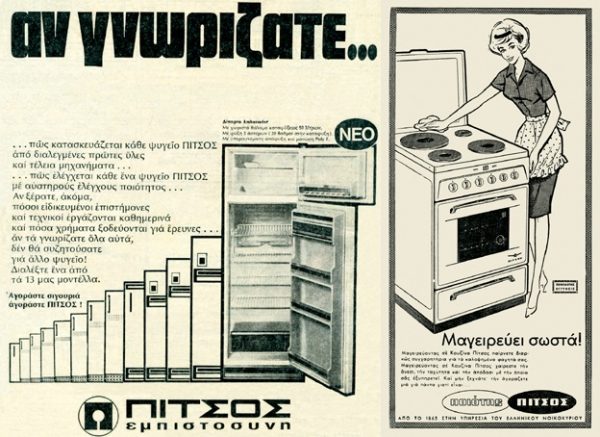
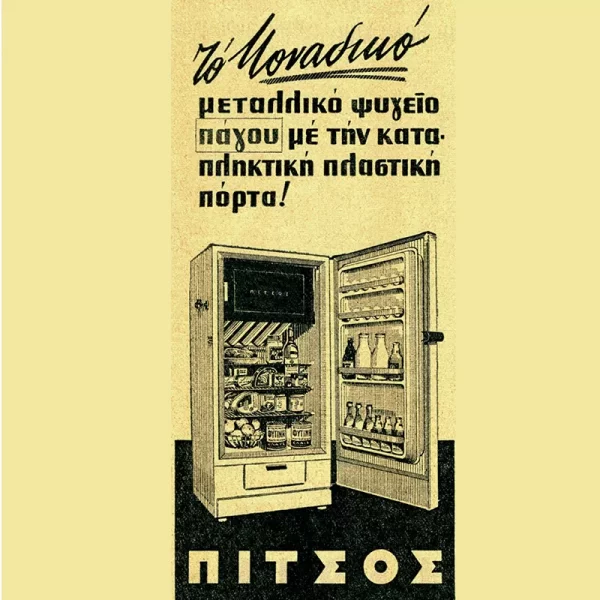
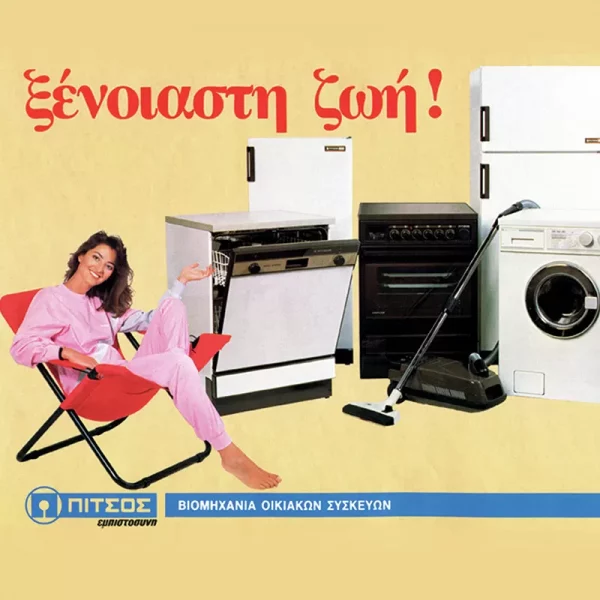

























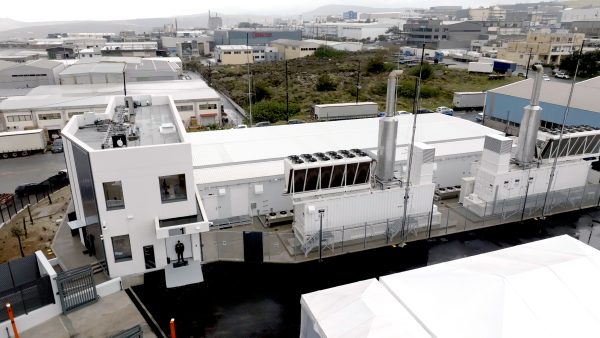













 Αριθμός Πιστοποίησης
Αριθμός Πιστοποίησης